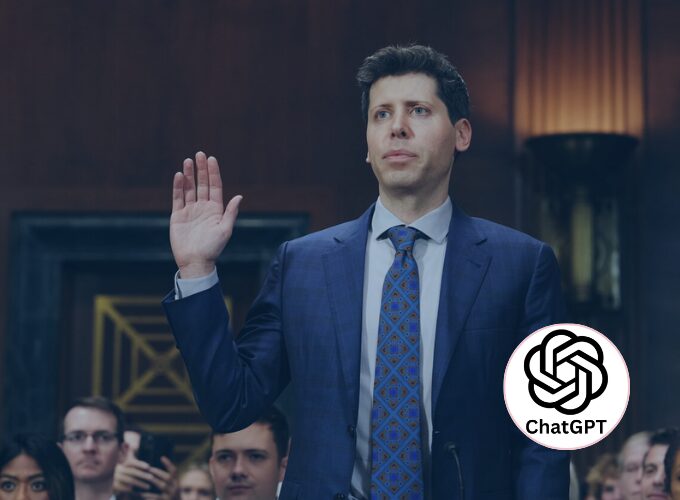MeetInc.
OpenAI CEO Sam Altman has warned that conversations with ChatGPT are not protected by any form of legal confidentiality and could be used against users in court. Unlike therapists, doctors or lawyers, AI chatbots do not benefit from legal privilege, leaving personal disclosures exposed to legal scrutiny.
Speaking on This Past Weekend with Theo Von, Altman said that people often treat ChatGPT as a life coach or therapist, sharing intimate details about their relationships, struggles or mental health. However, without clear legal safeguards, these chats are not private in the eyes of the law.
“If you talk to a therapist or a doctor, there’s legal privilege,” Altman said. “We haven’t figured that out yet for AI.” He added that in the event of a lawsuit, OpenAI could be legally required to produce those records, something he described as “very screwed up”.
The comments highlight a growing tension in the AI space. While users are embracing tools like ChatGPT for deeply personal advice, the regulatory framework remains underdeveloped. Altman said this lack of privacy protection could limit trust and adoption, especially among more cautious users.
OpenAI is currently appealing a US court order in its ongoing legal battle with The New York Times, which would require it to retain and potentially disclose user conversations. The company has called the demand “an overreach”, warning that it could set a precedent for wider legal access to personal data.
The issue is particularly relevant in politically sensitive contexts. After the US Supreme Court overturned Roe v. Wade, many users began switching to encrypted or offline period-tracking apps, fearing their digital data could be used in prosecutions. A similar concern now applies to AI-generated chat logs.
Altman stressed that the industry had not anticipated this legal vacuum. “No one had to think about that even a year ago,” he said, reflecting on how quickly AI tools like ChatGPT have become embedded in daily life.
Asked about his own usage, podcast host Theo Von admitted to rarely using ChatGPT because of privacy concerns. Altman replied, “I think it makes sense to want the legal clarity before you use it a lot.”
Until lawmakers define how AI interactions should be treated, users are being urged to tread carefully. For now, anything typed into ChatGPT may not stay between you and the machine.
You Might Also Like

Latest Article
Netflix To Acquire Warner Bros. In Landmark $82.7 Billion Deal
Netflix has agreed to acquire Warner Bros. from Warner Bros. Discovery (WBD) in a landmark transaction valued at an enterprise value of $82.7 billion, marking one of the largest entertainment mergers in industry history. The deal is set to close following WBD’s planned separation of its Global Networks division, Discovery Global, into a standalone publicly … Continued
|
5 December 2025
Written by MeetInc.

Tune In Tonight: Malta Business Awards 2025 Hits TVM+ At 21:15
|
5 December 2025
Written by MeetInc.

Zuckerberg Plans Deep Cuts To Metaverse As Meta Shifts Focus To AI Hardware
|
5 December 2025
Written by MeetInc.











